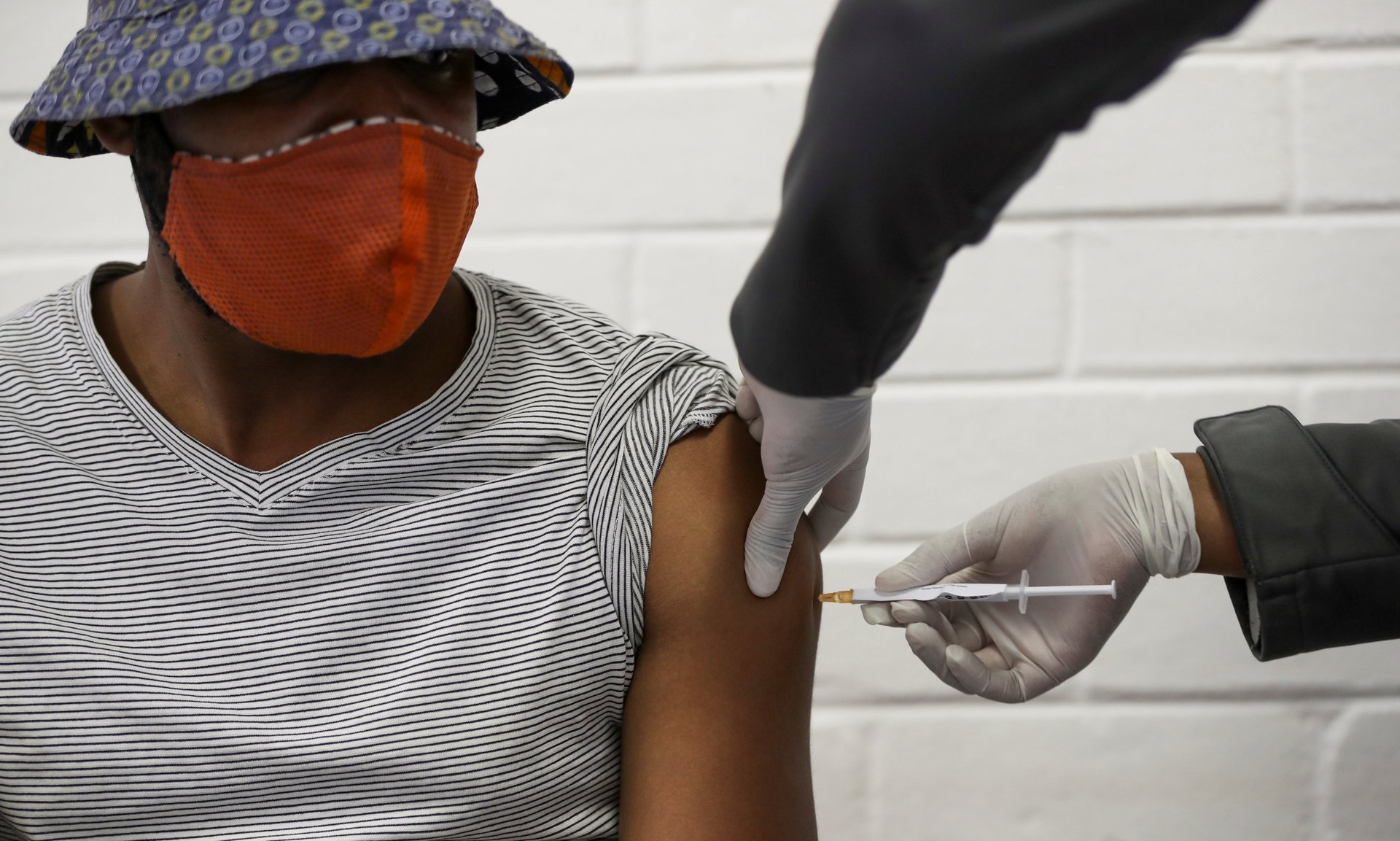Nigerian scientists have developed a Covid-19 vaccine candidate but need funding for human trials
The race for a Covid-19 vaccine has so far been a show of vaccine nationalism as countries are securing prospective vaccines for their populations and prioritizing access for their domestic markets.


The race for a Covid-19 vaccine has so far been a show of vaccine nationalism as countries are securing prospective vaccines for their populations and prioritizing access for their domestic markets.
This has left Africa in a disadvantaged position as none of the vaccines being developed are in the continent and a majority of African countries lack the power or funds to secure vaccines for their citizens.
There have also been concerns that since the vaccines were developed mostly with data from non-African populations it may result in a low vaccine efficacy for Africans.
To that end, scientists in Nigeria have developed a new vaccine candidate which they say is optimized for the African population. The vaccine has undergone a successful pre-clinical trial but the human trial is being delayed due to a lack of funds.
The cost of developing a single infectious disease vaccine from preclinical trials through to end of phase 2a can easily top $100 million in the United States. Including the cumulative cost of failed vaccine candidates through the R&D process, the costs can go much higher.
The new vaccine candidate was developed by professor Christian Happi, a molecular biologist and genomicist, with his research team at the African Center of Excellence for Genomics of Infectious Diseases (ACEGID) in Nigeria. ACEGID is a WHO and Africa CDC Reference Laboratory for genomic research in Africa.
The ACEGID Covid-19 vaccine is said to have gone through the required preclinical trial to test the vaccine’s efficacy and toxicity on mice before testing it on humans after working with partners at Cambridge University. “We were able to identify a neutralizing antibody that could knock down up to 90% of the viruses,” says Happi.
Emphasizing the importance of the new vaccine candidate to Africa, he highlighted concerns also shared by some other African scientists that vaccines are often developed in the West without taking into account the local context of Africa only to be brought to Africa for human trials.
“The genetic makeup or the genetic diversity of the African population has been demonstrated to affect the efficacy of several vaccines that have been developed because the vaccine also depends on who is receiving it and how the body responds to it,”says Happi.
The vaccine is being built on the genome sequences of linages of SARS-Cov-2 circulating in Nigeria and other African countries.
The team says it has done human genetic studies on many African populations and applied the knowledge gained in developing the vaccine.
If fully funded, Happi said the vaccine can ready in 12 months after the start of the human trials, but he is still searching for funds to start the human trial. “we need a lot of resources so we are trying to see whether the Nigerian government can fund it but we have not received any funding from the government”, he said.
Nigeria’s policy response to the Covid-19 pandemic through its central bank introduced a healthcare grant of 500 million naira (about $1.3 million) limit. Happi says this amount is insufficient for vaccine production and clinical trials. “We are talking to a few people and have been able to show them the data. We want to wait but we have not heard from anybody yet.”
“This development may get some support from a few western funders, but this is not on their priority lists,” says Gerald Mboowa, a bioinformatics scientist at Makerere University in Uganda,. “Being an African led vaccine, African countries through the African Union should be mobilized to fund this endeavor.”
Despite Africa having a history of poor R&D funding, Ike Anya, co-founder of Nigeria Health Watch believe ACEGID’s vaccine will get the needed support within Africa to develop the first African vaccine. “African countries have traditionally not sufficiently funded their intellectual and scientific capabilities, but that there seems to be. a deepening awareness of why this must change.”
Nigeria is not alone in trying to ensure Africans are trialed for a working Covid-19 vaccine. In August, screening began for up to nearly 3,000 South Africans to enrol in the mid-stage study of an experimental vaccine by Novavax, a US drug developer of next-generation vaccines for serious infectious diseases, at Witwatersrand University in Johannesburg, South Africa. The trial is backed by a $15 million grant awarded by the Bill & Melinda Gates Foundation. Other trials are also underway in the continent’s most advanced economy.
Sign up to the Quartz Africa Weekly Brief here for news and analysis on African business, tech, and innovation in your inbox.